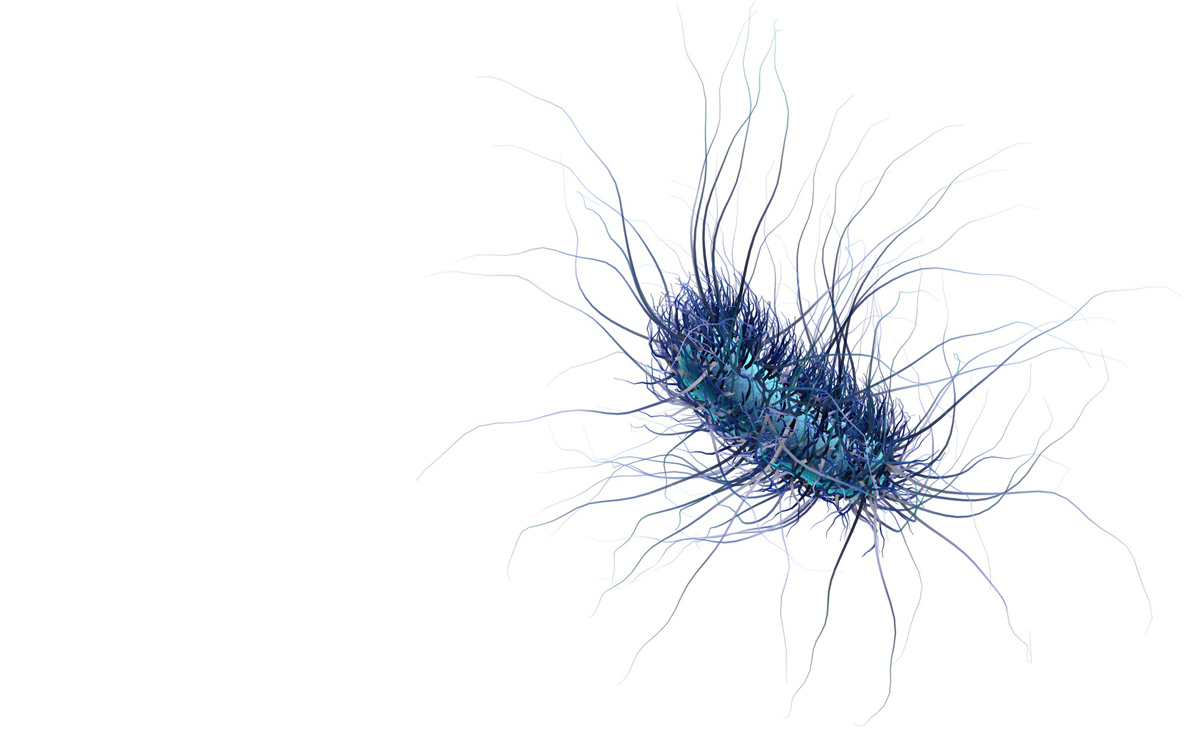
What are the specific bacterial vaccines (SBV)?
SBV is an individualized therapeutic vaccine consisting of a suspension of bacterial lysates prepared from microbial serotypes standardised according to the formula prescribed by the medical specialist, used for specific immunotherapy.
What are bacterial auto-vaccines?
An auto-vaccine is a suspension of specific bacterial lysates, obtained from existing bacteria in infectious lesions of the same patient from a sample taken at the doctor’s practice.
There are two types of auto-vaccines, simple and mixed. Simple autogenous vaccines are bacterial lysates exclusively from bacteria isolated from the patient’s exudate, and mixed auto-vaccines are simple auto-vaccines supplemented with bacteria selected by the medical specialist.
How do they work?
With the treatment with SBV and auto-vaccines a defensive state of the organism is created against microorganisms present in vaccines. Inactivated bacteria act as IMMUNOMODULATORS, stimulating the innate Immune System (first rapid response upon exposure to antigen) and the acquired immune response (conditional upon antigen exposure, generating a tolerance mechanism). They increase the Immune System’s overall response when responding to an infectious agent. Indicated in the prevention or as an adjunct to the treatment of recurrent infectious processes or for those who respond poorly to conventional treatment (e.g. antibiotic therapy).
They reduce symptoms, the number of acute episodes, consumption of antibiotics and may even cause the complete disappearance of the infection.
There are two types of auto-vaccines, simple and mixed. Simple autogenous vaccines are bacterial lysates exclusively from bacteria isolated from the patient’s exudate, and mixed auto-vaccines are simple auto-vaccines supplemented with bacteria selected by the medical specialist.
Therapeutic benefits
The therapeutic benefits of treatment with SBV and auto-vaccines are:
- Immune response against recurrent infectious bacteria.
- Reduced consumption of antibiotics and therefore, generation of resistances.
- Improvement of the patient’s clinical condition.
- Reduced school and work absenteeism.
- No added risks.
- Harmless Treatment: bacteria are not alive or attenuated, are lysed.
- High safety: minimal adverse reactions, no severity described.
- Compatible with other therapies.
Bacterial Immunotherapy is indicated for infectious and/or inflammatory recurrent bacterial processes or for those which respond poorly to conventional treatment with antibiotics. These include ENT infections, as Tonsillopharyngitis, especially ARTP (acute recurrent tonsillopharyngitis), media and/or serous otitis, adenoiditis, sinusitis and rhinitis, and others such as intrinsic asthma.
Bacterial Immunotherapy enables the creation of a defensive state of the organism against microorganisms or their toxic products, primarily by inducing IgA, IgG and IgM antibodies, and also by stimulating the defensive cellular response by activation of the system of co-operator and macrophage T lymphocytes.
Treatment
The auto-vaccine is a specific bacterial vaccine (SBV) obtained from existing bacteria in infectious lesions of the same patient from a sample taken at the doctor’s practice. There are two types of auto-vaccines, simple and mixed.
Simple auto-vaccines are bacterial lysates exclusively from isolated bacteria from the patient’s exudate. Mixed auto-vaccines are Simple auto-vaccines supplemented with bacteria selected by the Medical Specialist. The percentage of bacteria in mixed auto-vaccines is also the Medical Specialist’s choice.
Subcutaneous
- INJECTABLE SBV
Sublingual
- SUBLINGUAL SBV
Nasal
- NASAL-ORAL SBV
Aerosol-therapy
- AEROVAC

